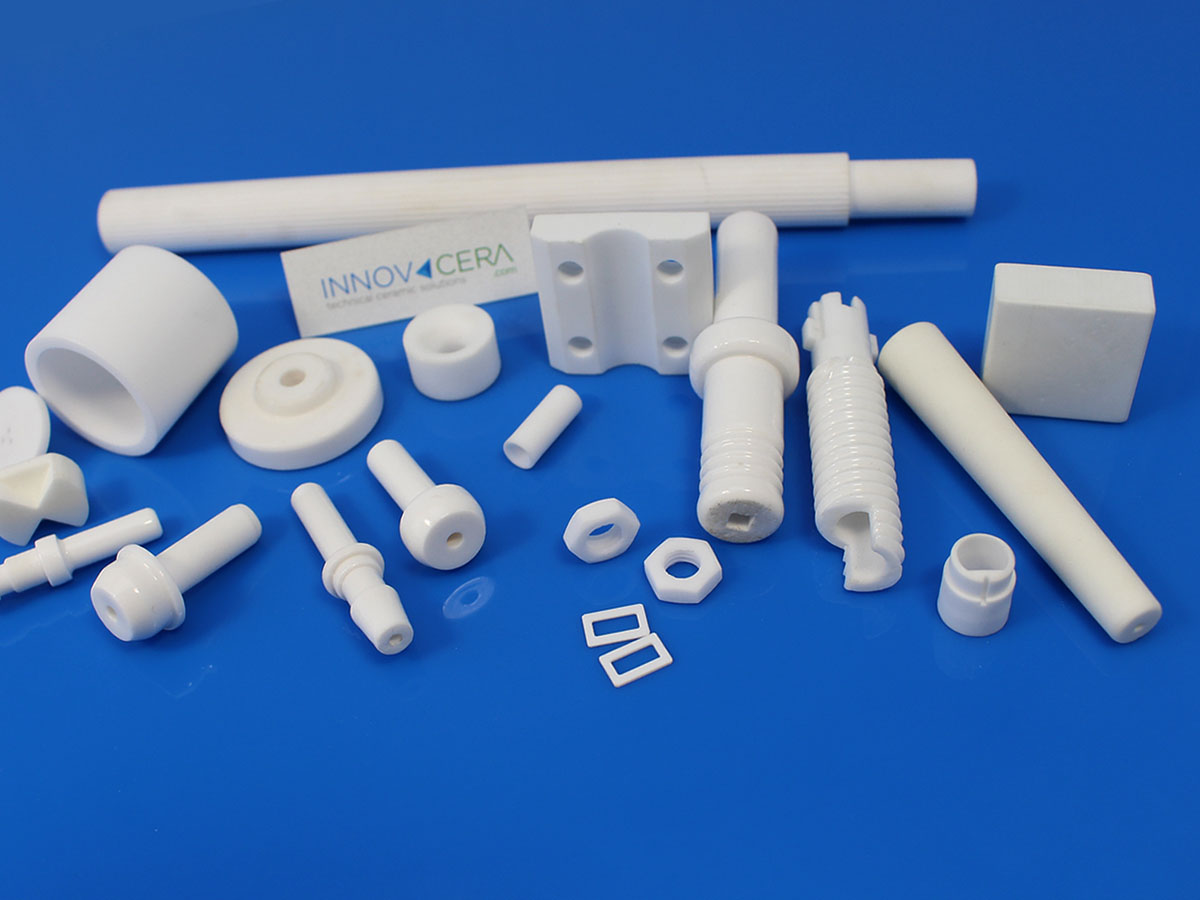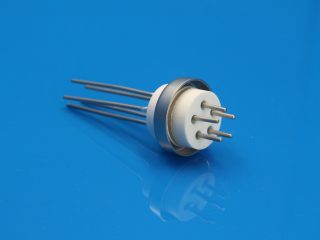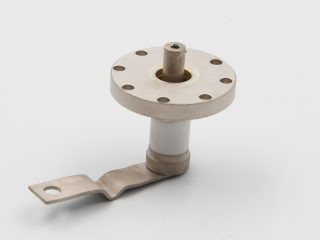Ceramic injection molding (CIM) refers to the process by which custom ceramic parts are fabricated using the injection mold process similar to that used with plastics. A pelletized blend of Alumina powder and certain binders are pre-heated and then forced under high pressure into a custom-made mold to form parts to the customer’s specific part design. Once the part is removed from the mold, it undergoes several additional processes including sintering at high temperature.

What is ceramic injection molding (CIM)
Materials used in the ceramic injection molding
When it comes to specific materials in ceramic injection molding, there’s a catalog of available options on the market. These materials have different properties, especially in reference to their hardness, density, temperature stability, etc. The most reliable materials used for ceramic injection molding include:
* Alumina ceramics: This is one of the most widely used materials in ceramic injection molding. Features include high levels of electrical insulation, resistance to corrosion and heat, and mechanical strength.
* Zirconia ceramics: As perhaps the strongest ceramic material, Zirconia is used for a variety of applications, including medical and dental purposes. Owing to its properties, Zirconia is highly resistant to wear and cracking, boasting an exceptional level of damage tolerance. It is also extremely stable in high-pressure situations.
* Aluminum Nitride: ALN combines high thermal conductivity with strong electrical resistance, making AlN an excellent solution for many electronic applications.
It’s important to note that there are other variations of Alumina and Zirconia ceramics that can be used. For instance, one material available is Alumina Toughened Zirconia that features high wear resistance and exceptional hardness.
Applications
The applications of CIM process are virtually boundless. As ceramic possesses high flexural strength, hardness and chemical inertness, it yields products that are highly corrosion resistant, wear resistant and have a long lifespan. Ceramic products are used in electronic assembly, tools, optical, dental, telecommunications, instrumentation, chemical plants and textile industries.




 Enquiry
Enquiry